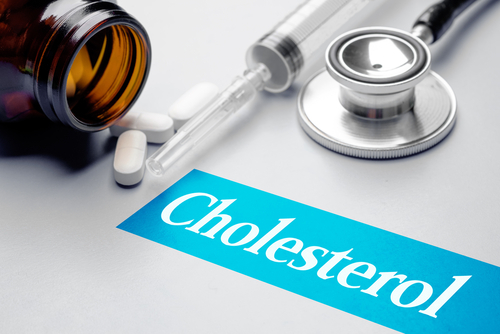Cholesterol vaccine: Twice-yearly jab could help to halve 'bad' cholesterol
Imperial College London Health News May 09, 2018

A new treatment delivered as a regular injection could help patients with high cholesterol levels to reduce their risk of cardiovascular disease.
Researchers say the drug, which works by silencing genes in the liver and could be delivered by injection at a GP surgery just twice a year, could help those patients with high cholesterol for whom existing treatments, such as statins, are not suitable or need to be supplemented.
The findings come from the ORION-1 study, in which a team led by researchers at Imperial College London tested the treatment in patients with elevated levels of LDL-C, the so-called ‘bad’ cholesterol.
High levels of LDL-C are known to be associated with an increased risk of heart disease, heart attacks, and stroke, but other forms of cholesterol can also be harmful.
Initial findings from the ORION trial, reported last year, showed that the drug, called Inclisiran, reduced LDL-C levels by almost half on average, and that the treatment was safe for patients and caused no additional side effects.
Now, in a paper published in the journal Circulation, the team has shown the drug also reduces other types of cholesterol and could provide a new treatment option for patients with elevated cholesterol levels who may be at increased risk of cardiovascular disease.
“We know that elevated LDL-C carries an increased risk for patients, but it does not account for all of the 'bad cholesterol',” explained Professor Kausik Ray, from the School of Public Health at Imperial College London, and first author of the paper.
“While we encourage people to make lifestyle changes, such as exercising regularly and eating a healthy diet, if we are just looking at LDL-C we may be underestimating the risk to the patient,” he said. “In this trial, we found that Inclisiran was able to reduce non-HDL-C and the number of bad particles carrying cholesterol apo B as well, in a sustained way.”
According to the researchers, the treatment could help to reduce cholesterol levels in patients for whom existing therapies are unsatisfactory.
-
Exclusive Write-ups & Webinars by KOLs
-
Daily Quiz by specialty
-
Paid Market Research Surveys
-
Case discussions, News & Journals' summaries